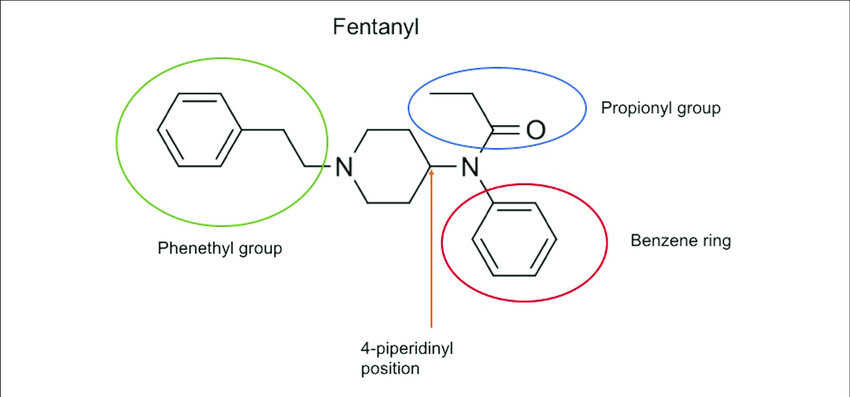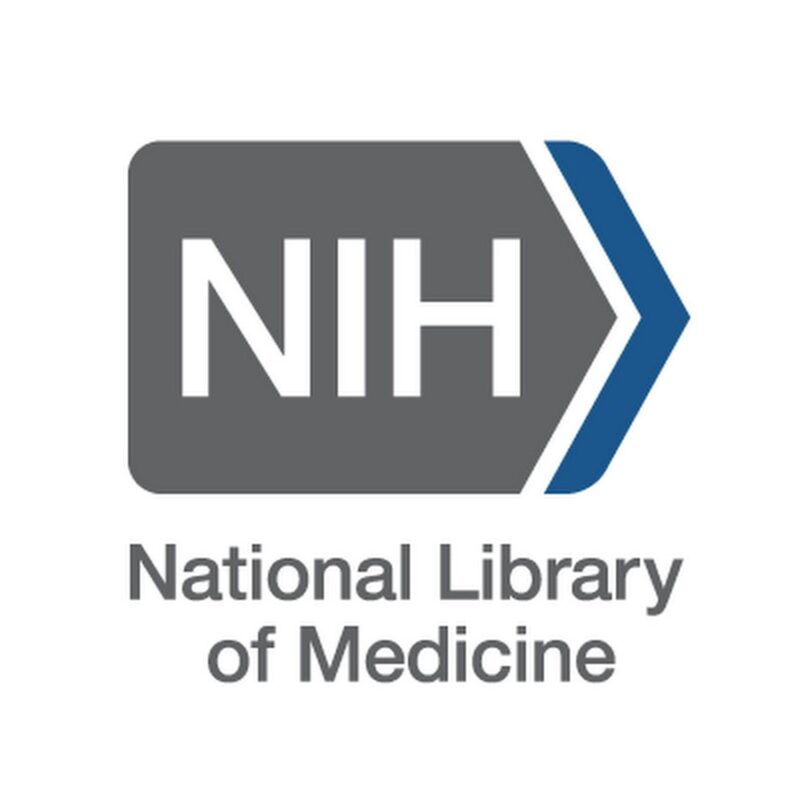Behavioral Healthcare in Central Florida and Surrounding Communities At Solutions Healthcare, we provide exceptional behavioral healthcare for individuals, families, and communities in Central Florida and beyond. Our comprehensive range of dual-diagnosis residential and community-based programs cater to the unique needs of those affected by mental health and substance use disorders. Using clinically proven, evidence-based models […]
Give us a call(720) 796-6885











